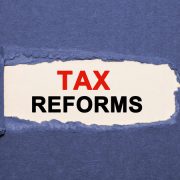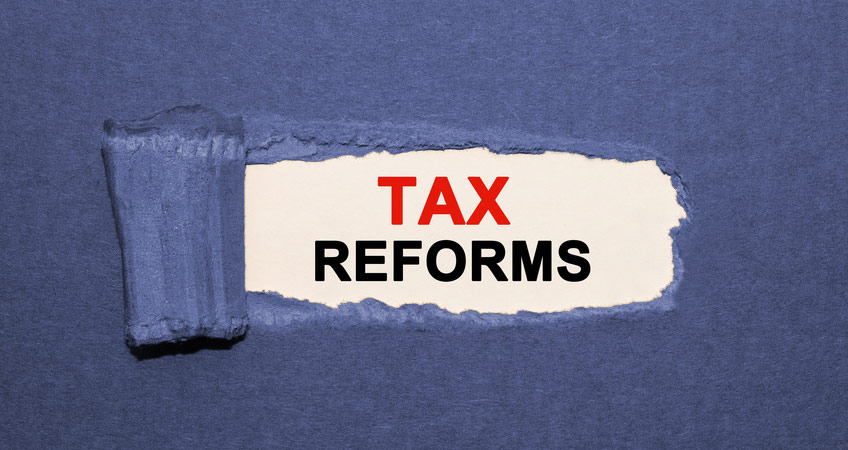As a barrister you are treated as self employed by HM Revenue and Customs.
Historically barristers computed their professional profits for tax purposes on a “cash basis.”
Fees were brought into account only when received, and expenses only when paid.
From fiscal year 1999/00, it is required that all professionals including most barristers to compute their profits on a “true and fair view.”
Barristers in their first seven years of practice are still allowed to use the cash basis.
In computing their profits for tax purposes, barristers can deduct certain expenses like:
• Travelling costs from Chambers to court;
• Off street parking;
• Library and periodical subscriptions;
• Postage, printing, photocopying and stationary;
• Professional and accountancy fees;
• Devilling fees
• Chambers’ rent;
• Legal literature;
• Professional Indemnity Insurance premiums;
• Subscriptions (Circuit, Bar Council, Bar Associations)
• Bank charges;
• Use of home as an office;
• Robing room fees;
• Law report subscriptions;
• Staff costs;
• Silk application fees;
• Clothing and cleaning.
According to HMRC, “You should allow a deduction in computing profits for the cost of replacing gowns and wigs and frock coats worn by Queen’s Counsel. You should not, however, allow a deduction for expenditure on `normal clothes’, for example, black coats and pin- stripe trousers worn by male barristers or black dresses and suits worn by female barristers (this follows the decision in Mallalieu v Drummond”
Taxfile‘s tax agents will ensure you keep the necessary records of your income and expenditure and you make the right adjustments with regards the to private use of your expenditure.
Also, our tax accountants in South London and Exeter will make sure you obtain the maximum available tax deduction when calculating your taxable profits.




